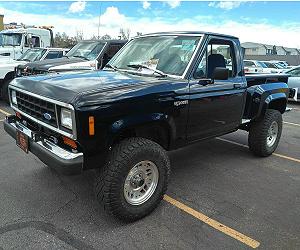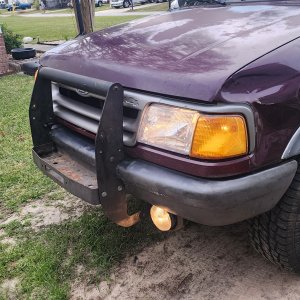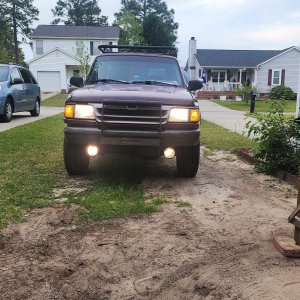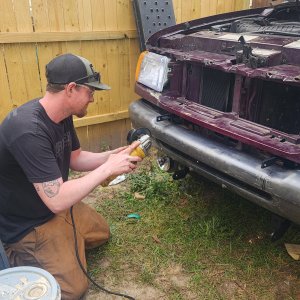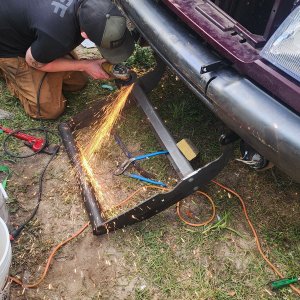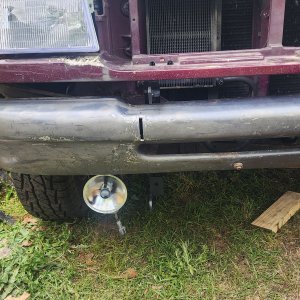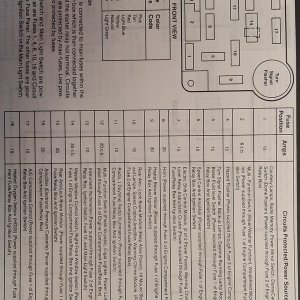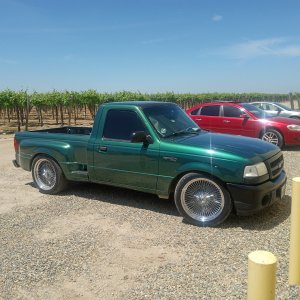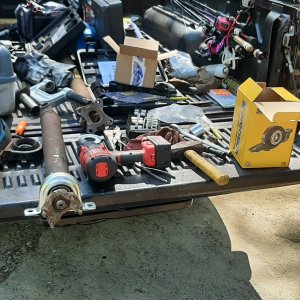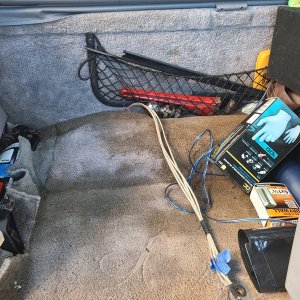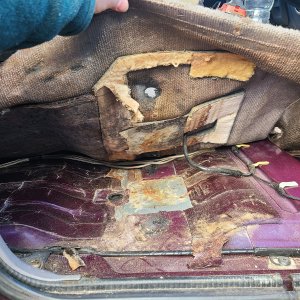ScubaDive
New Member
- Joined
- Sep 3, 2007
- Messages
- 125
- Reaction score
- 0
- Points
- 0
- Vehicle Year
- 2008
- Make / Model
- Ford
- Transmission
- Automatic
rant: all manufacturers Carbon & Turbo
So I am in the market for a new/er truck and I am doing some research on what is out there. I seem to be coming across a lot about issues with Turbo, no madder what they are called (Eco-boost). Apparently they are prone to carbon build up, for Direct Injected cars which now a days are all cars. The carbon builds up and then small pieces of it end up fly in the turbo and destroying the turbo, that ends up be a costly repair. All the manufacturers have known about this issue for awhile now and still has no approved cleaning method, wow.
I keep looking and it seems the only really solution is naturally aspirated engines. Why are they looking for a 'cleaning method' look for a solution. Some say installing a 'catch can' will help if that's the case shouldn't the manufacturers be installing them right out the gate?
It makes picking a car hard as I not a fan of buying a headache.

So I am in the market for a new/er truck and I am doing some research on what is out there. I seem to be coming across a lot about issues with Turbo, no madder what they are called (Eco-boost). Apparently they are prone to carbon build up, for Direct Injected cars which now a days are all cars. The carbon builds up and then small pieces of it end up fly in the turbo and destroying the turbo, that ends up be a costly repair. All the manufacturers have known about this issue for awhile now and still has no approved cleaning method, wow.
I keep looking and it seems the only really solution is naturally aspirated engines. Why are they looking for a 'cleaning method' look for a solution. Some say installing a 'catch can' will help if that's the case shouldn't the manufacturers be installing them right out the gate?
It makes picking a car hard as I not a fan of buying a headache.
Last edited:


